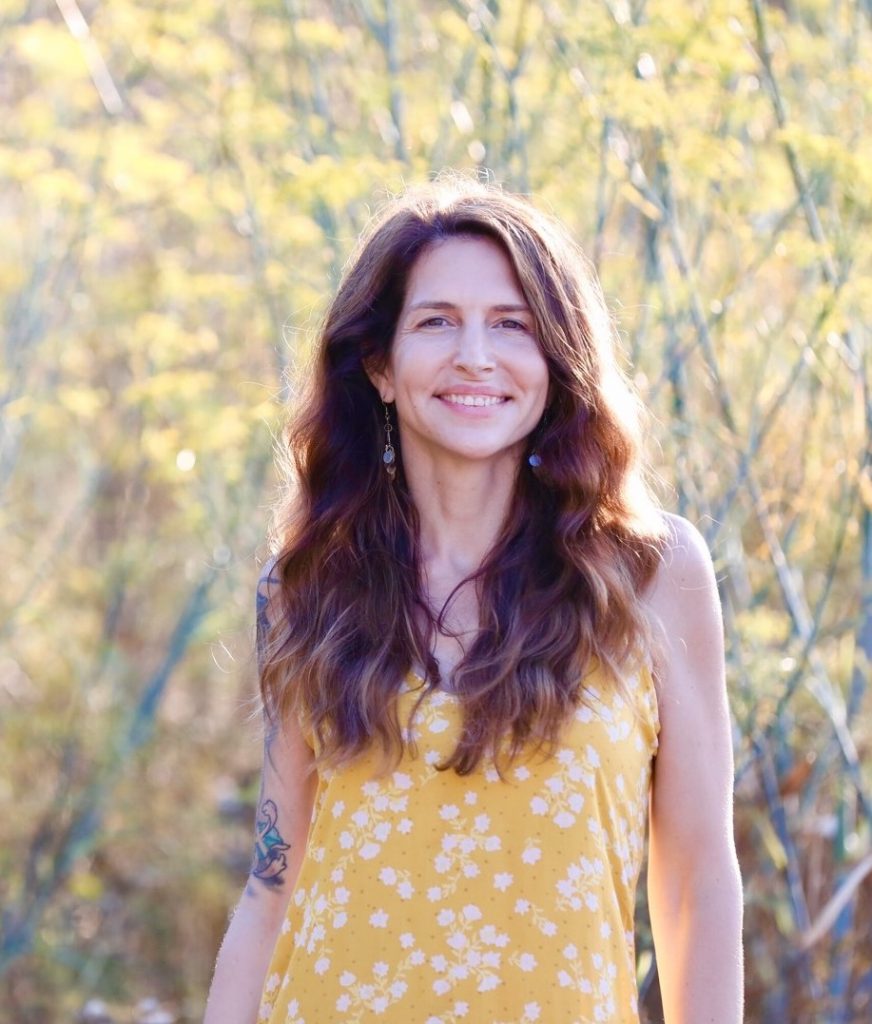Why are close, loving relationships so crucial to our well-being and happiness? Relationships create psychological space and safety so that we can explore and learn. When we feel safe and supported, we don’t have to narrow in on survival tasks like responding to danger or finding our next meal. We are able to explore our world, which builds resources for times of stress and adversity.
Belonging to a group or community gives us a sense of identity. It helps us understand who we are and feel part of something larger than ourselves. Researchers also find that people with strong social connections have less stress-related health problems, lower risk of mental illness, and faster recovery from trauma or illness. Friends and family can also encourage and support us in healthy lifestyle habits, such as exercise and moderation.
Researchers have found that people are happier when they are with other people than when they are alone—and the “boost” is the same for introverts and extroverts. They also are finding that happy people are more pleasant, helpful, and sociable. So being around people makes us feel happier, and when we are happier we are more fun to be around, creating an “upward spiral” of happiness.
Happiness may be surprisingly contagious. Psychologist James H. Fowler studied the data of 5,000 people over 20 years and found that happiness benefits other people through three degrees of connection, and that the effects last for a year. He says: “We found a statistical relationship not just between your happiness and your friends\’ happiness, but between your happiness and your friends’ friends’ friends’ happiness.”
The positive effects from connecting with others are lasting. Scientists have observed what they call “hedonic adaption”: our tendency to quickly adapt to our changing circumstances. This is why people who win the lottery, for instance, usually find themselves at the same level of happiness they had before they won. Close relationships, however, may be an exception. In contrast to material goods, we are more likely to continue to want our close relationships, even after we attain them, and to continue to derive positive emotions from them.
reblogged from pbs.org. Read the entire article here.

